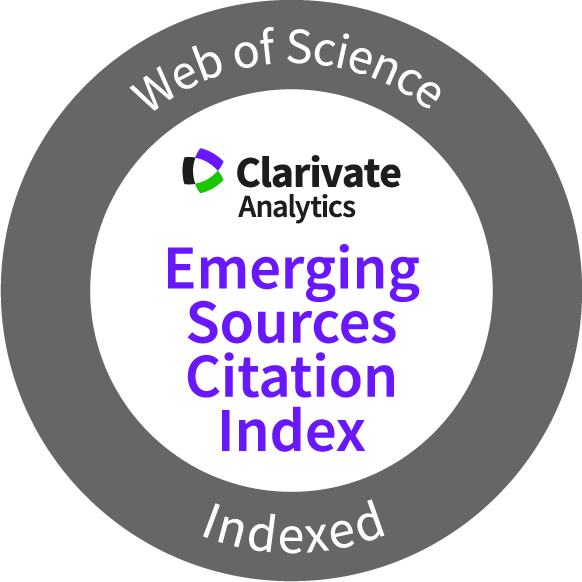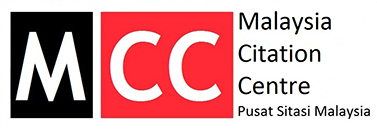A Systematic Database for Microbial Data Collection Management
Keywords:
Microbial culture collection, software development, BootstrapAbstract
Microbiology research is one of the research fields that deal with a huge volume of microbial culture collection data which needs to be preserved, due to its importance as a key resource center for obtaining, identifying, producing, preserving, cataloging, and distributing culture data of various microbes. Currently, the collection and storing of microbial culture data is performed manually via various data transfers into record books, logbooks, or spreadsheets. However, the manual process seems to be impractical as it is highly prone to human error and time-consuming, aside from the struggle of managing and retrieving the data. Therefore, to address this issue, we have successfully designed and developed a customized database for microbial data collection that allows users to store, access, visualize and retrieve information in a single platform. The agile development approach has been implemented during the software development process allowing more flexibility during the development phase yet managing to fulfill the functional requirements of the end-users. The front end is created using the Bootstrap framework, an open-source and powerful platform for developing user-friendly web pages and web applications. It is connected to the back-end MySQL database as a relational database management system to organize structured data. As a result, the developed microbial culture collection has eliminated manual data entry and accelerated the data retrieval process. The platform is a one-stop platform for microbiologists when dealing with microbial culture collection data.
Downloads
Metrics
References
Altschul, S.F., Gish, W., Miller, W., Myers, E.W. & Lipman, D.J. 1990. Basic local alignment search tool. Journal of Molecular Biology, 215(3): 403–410. DOI: https://doi.org/10.1016/S0022-2836(05)80360-2
Anand, U., Vaishnav, A., Sharma, S.K., Sahu, J., Ahmad, S., Sunita, K., Suresh, S., Dey, A., Bontempi, E., Singh, A.K., Proćków, J. & Shukla, A.K. 2022. Current advances and research prospects for agricultural and industrial uses of microbial strains available in world collections. Science of The Total Environment, 842: 156641. DOI: https://doi.org/10.1016/j.scitotenv.2022.156641
Caselli, E. 2017. Hygiene: microbial strategies to reduce pathogens and drug resistance in clinical settings. Microbial Biotechnology, 10(5): 1079–1083. DOI: https://doi.org/10.1111/1751-7915.12755
Cowan, M. K. 2012. Microbiology: A Systems Approach. McGraw-Hill.
Gaikwad, S.S. & Adkar, P. 2019. A Review Paper on Bootstrap Framework. IRE Journals, 2(10): 349–351.
Microsoft. 2016. Excel specifications and limits [WWW Document]. Microsoft Support. URL https://support.microsoft.com/en-us/office/excel-specifications-and-limits-1672b34d-7043-467e-8e27-269d656771c3 (accessed 10.9.22).
Supaartagorn, C. 2011. PHP framework for database management based on MVC pattern. International Journal of Computer Science and Information Technology, 3(2): 251–258. DOI: https://doi.org/10.5121/ijcsit.2011.3219
Zhulin, I. B. 2015. Databases for Microbiologists. Journal of Bacteriology, 197(15): 2458–2467. DOI: https://doi.org/10.1128/JB.00330-15
Published
How to Cite
Issue
Section
Any reproduction of figures, tables and illustrations must obtain written permission from the Chief Editor (wicki@ukm.edu.my). No part of the journal may be reproduced without the editor’s permission





















